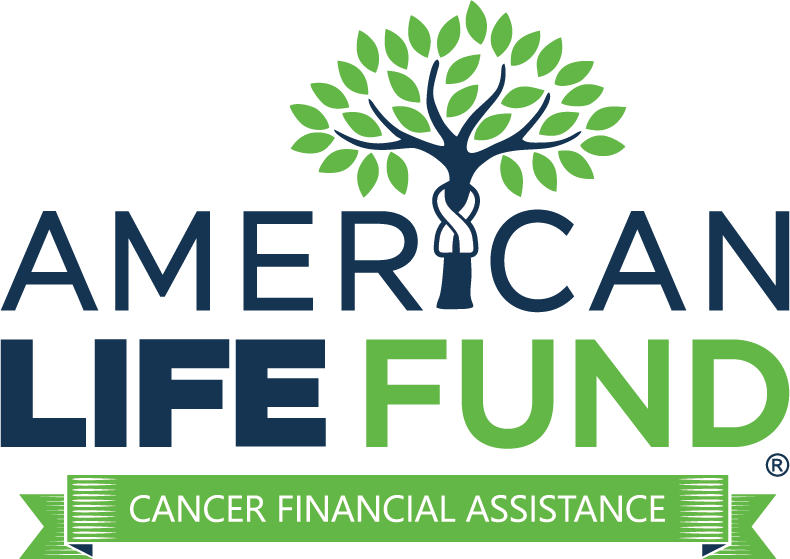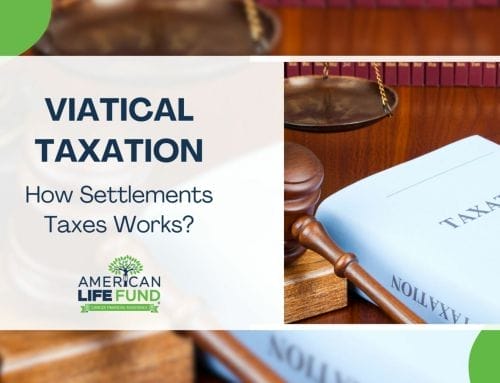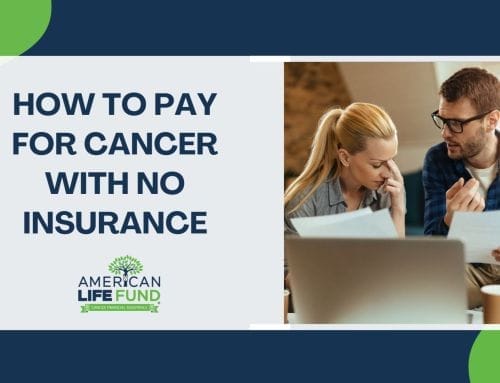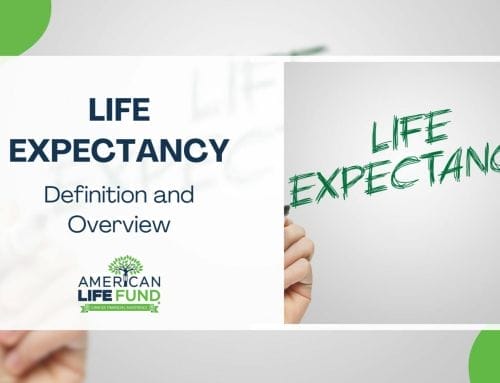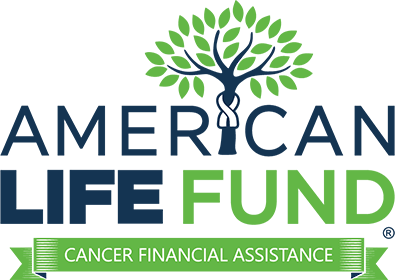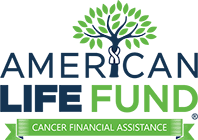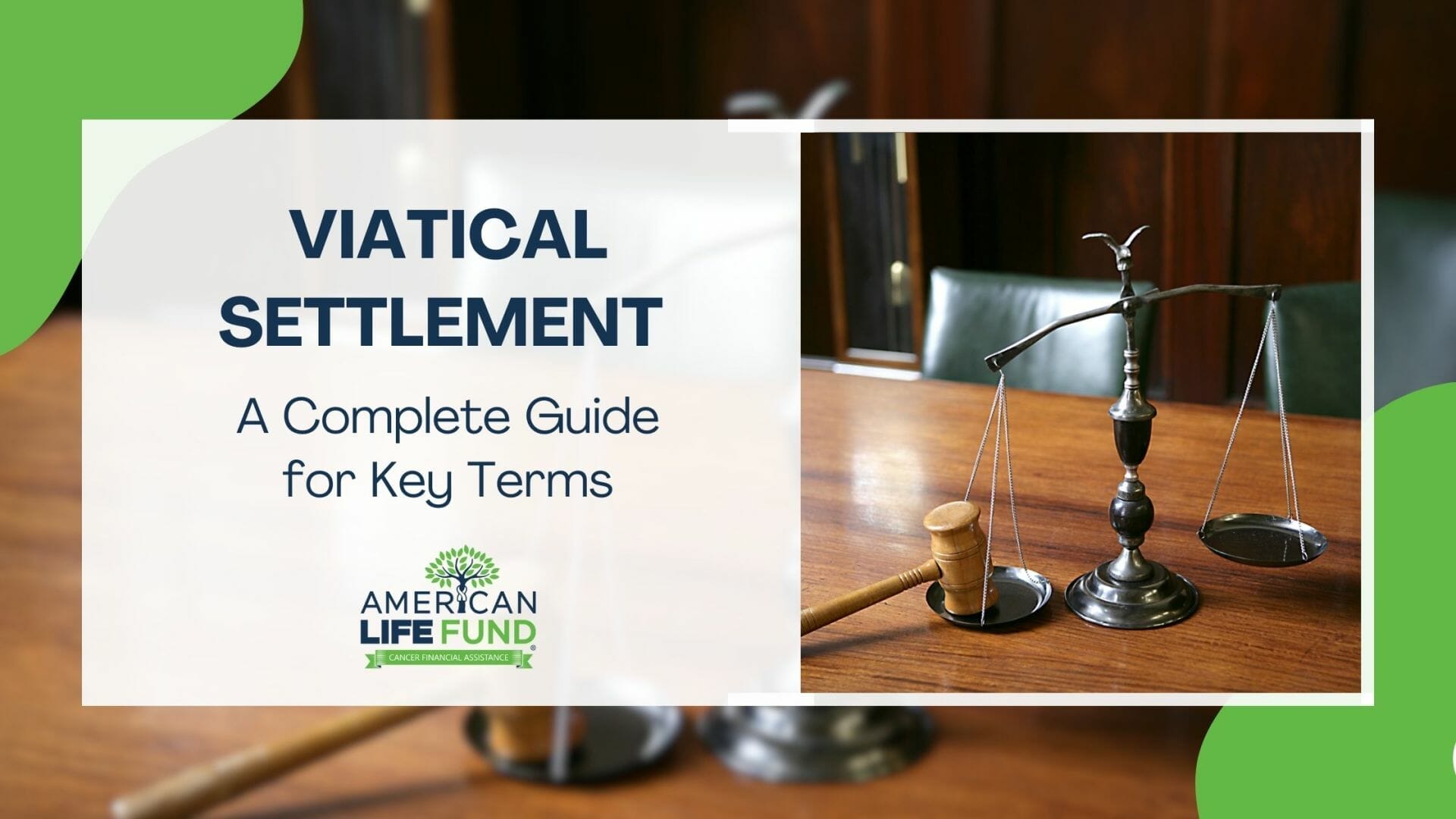
When looking into life or viatical settlements, it’s important to know the terms used in the process. This glossary provides easy-to-understand definitions for key terms related to viatical settlements. Understanding these terms will help you make a well-informed decision about whether a viatical settlement is the right choice for you.
Life & Viatical Settlement Glossary
Accelerated Death Benefit
An Accelerated Death Benefit (ADB) is a provision in a life insurance policy that allows a policyholder to receive a portion of the death benefit while still alive, under specific conditions such as being diagnosed with a terminal illness.
Read more about accelerated death benefits
Accrued Interest
Accrued Interest is the interest that builds up on a policy’s cash value over time or the debt if a policyholder takes out a loan against their policy.
Annuity
An annuity is a contract between an insurance company and the policyholder in which the insurer agrees to pay out a set amount over time.
Read more about annuities
Beneficiary
The beneficiary of a life insurance policy is the person or persons named in the policy who will receive the death benefit upon the policyholder’s death.
Broker
A broker is an individual or company that arranges to purchase and sell viatical settlements.
Carrier
A carrier is the insurance company that issued the life insurance policy.
Cash Value
Cash value is the amount an insurer will pay out if a policyholder chooses to surrender their life insurance policy.
Cash Surrender Value
Cash surrender value is the amount of money that the life insurance company would give to the policyholder if they ended their policy today.
Read more about cash surrender value
Conversion Right
Eligible term life insurance policies can be converted into permanent life insurance that accumulates cash value.
Corporate Owned Life Insurance Policy (COLI)
A Corporate Owned Life Insurance Policy (COLI) is a type of life insurance policy where a company is the policy owner and beneficiary, covering the lives of employees.
Read more about corporate owned life insurance policies
Coverage Period
The duration of which a life insurance policy will cover the policyholder.
Death Benefit
The money beneficiaries will receive after the policyholder’s death, typically given as an untaxed lump sum payment. The death benefit may also be known as the policy’s “face amount.”
Read more about death benefits
Direct Response
A process by which an insurance company will sell life insurance policies directly to consumers without the involvement of agents or brokers.
Disclosure Statement
A document that explains the ins and outs of a life insurance policy to its recipient.
Endowment Policy
An Endowment Policy is a form of life insurance that couples insurance coverage with a savings component, aimed at providing a lump sum amount to the policyholder upon maturity, or to beneficiaries in the event of the policyholder’s demise before maturity.
Read more about endowment policies
Evidence of Insurability
Documentation that is required to demonstrate one’s eligibility for a life insurance policy.
Face Amount
The total amount of money a policyholder’s beneficiaries receive upon death. Also known as the “death benefit.”
Face Value
Face Value, often termed as the “nominal” or “par value,” is a fundamental financial metric used across various sectors. In the context of insurance, face value refers to the death benefit amount that a beneficiary is set to receive upon the death of the insured individual. This amount is determined at the inception of the policy and remains fixed over time, unless adjusted via riders or other policy modifications.
Read more about face values
Fixed Amount Option
This option allows death benefit proceeds from a life insurance policy to be paid through a series of fixed payments. The payments will continue in fixed increments until the base proceeds and earned interest runs out.
Free Look Provision
The free-look period (usually 10-30 days) after an individual buys a policy, during which they can decide whether or not to keep it.
Grace Period
A policy’s grace period is typically one month when it will remain active even if you miss a payment.
Insurance Policy
An insurance policy is a contract that includes the coverage details like policy length, which is included in the policy, and terms of death benefit between the insurance carrier and policyholder.
Insurability
Insurability refers to the evaluation of risk pertaining to an individual or entity seeking insurance coverage, to determine the terms under which the insurance policy will be issued. This assessment is conducted by insurance companies to ascertain the extent of risk associated with providing insurance coverage, thereby influencing the premium amounts and coverage terms.
Read more about insurability
Insured
The insured is person who is covered by the life insurance policy.
Insurer
The insurer is the company that issues the life insurance policy and pays the death benefit.
Lapse
If you do not pay your premiums to keep your policy active, this is called a lapse. Most policies have a 31-day grace period where coverage is still in effect, but after that point, you will need to reapply and may be responsible for unpaid premiums.
Life Expectancy
The projected lifespan of the policyholder, according to medical records.
Life insurance
Life Insurance is a financial contract between an insurance provider and a policyholder, where the insurer pledges to pay a designated beneficiary a sum of money upon the death of the insured person. The policyholder pays premiums either regularly or as a lump-sum to maintain the policy active.
Read more about life insurance policies
Life insurance Buyout
A Life Insurance Buyout is a financial transaction where an individual or entity acquires the life insurance policy of another individual, typically for a lump-sum payment that is greater than the cash surrender value but less than the net death benefit of the policy. Once the buyout is completed, the purchasing entity takes over the premium payments and becomes the beneficiary of the policy, receiving the death benefit upon the demise of the insured individual.
Read more about life insurance buyouts
Life insurance Loan
A Life Insurance Loan is a provision that allows policyholders to borrow money from the life insurance company using the cash value of their life insurance policy as collateral. This feature is typically associated with permanent life insurance policies, such as whole or universal life insurance, which have a cash accumulation component.
Read more about life insurance loans
Life Settlement
A life settlement is a transaction where the policyholder sells their life insurance policy to a third-party buyer in exchange for a lump-cash sum. The new buyer is responsible for paying premiums over the remainder of the insured person’s life and collects the death benefit after they die.
Read more about life settlements
Liquidity
Liquidity in life insurance is the ease with which a policyholder can access cash or convert the policy to cash on short notice without incurring substantial loss in value. This can occur through policy loans, cash surrenders, or accelerated benefits. A life insurance policy with a cash value component, like a whole life or universal life policy, can offer liquidity by allowing the policyholder to borrow against the accrued cash value or to withdraw a portion of it.
Read more about liquidity in life insurance
Medical Underwriting
Medical underwriting is an evaluative process employed by insurance companies to ascertain the health status of applicants aiming to procure life or health insurance. This process is instrumental for life insurance providers and companies to determine the premiums and terms of the insurance policy.
Read more about medical underwriting in life insurance
Policy Owner
The life insurance policy owner is not always the insured. The insured may sell their policy to a third party through a life settlement, making that person the new policy owner.
Premium
The costs associated with maintaining a life insurance policy throughout the insured individual’s lifetime will vary depending on several factors, such as policy type, age, health status, and family history. Premium payments can be made either monthly, quarterly, semi-annually, or annually.
Premium Financing
Premium financing is a strategy often employed to help individuals or businesses cover the cost of large insurance premiums. This approach involves securing a loan from a third-party lender to pay the insurance premiums upfront. The insurance policy itself often serves as collateral for the loan, ensuring a secured transaction for the lender.
Read more about premium financing in life insurance
Provider
The provider is an insurance company or provider of a life insurance policy offering life insurance policies.
Reinstatement
If you miss a payment on your life insurance policy, you may be able to re-activate the policy. However, this depends on the insurer and how long the policy has lapsed. In some cases, starting a new application for coverage may be required.
Stranger Owned Life Insurance
Read more on stranger owned life insurance policies
Surrender
Giving the life insurance policy back to the provider, usually in exchange for a small lump-sum payment.
Term Life Insurance
A term insurance policy is temporary and only provides coverage for a set number of years. The policyholder can usually renew at the end of the term, but it may be more expensive. Term policies do not have a cash value that builds up over time.
Underwriter
The underwriter is the individual who reviews a person’s application for life insurance coverage and decides whether the individual is insurable and at what rate they should be charged for coverage. An underwriter will also review individuals selling a life insurance policy to determine its worth.
Underwriting
The process used to evaluate a person applying for insurance to determine the premiums for the individual is also used when an individual sells a life insurance policy through a life or viatical settlement. This assessment tells potential buyers how much the policy should be sold for.
Universal Life Insurance
A type of life insurance that protects term policies with permanent cash value.
Variable Universal Life Insurance
Permanent insurance that offers several sub-accounts with an investment component. The policyholder can choose which accounts to invest in through their premium payments.
Viatical Settlement
A viatical settlement, or vaitical, is a transaction where someone who is terminally or chronically ill sells their life insurance policy to a third party in exchange for receiving a lump sum of cash. The buyer agrees to pay the premiums and will receive the death benefit when the policyholder passes away.
Read more about viatical settlements
Viatical Settlement Eligibility
Viatical Settlement Eligibility refers to the criteria that must be met for an individual to engage in a viatical settlement transaction. This is a financial arrangement where a person with a terminal or chronic illness sells their life insurance policy to a third party for an immediate payment. The eligibility for such a settlement largely depends on the policyholder’s health condition, the type of insurance policy, and the regulations governing viatical settlements in the respective jurisdiction.
Read more about viatical settlement eligibility
Viatical Settlement Company
A Viatical Settlement Company is a specialized firm that purchases life insurance policies from individuals with life-threatening illnesses or severe medical conditions. The purchase is made at a discounted rate from the policy’s face value, providing the policyholder with immediate funds which can be used for medical expenses, living costs, or any other purpose.
Read more about vaitical settlement companies
Viatical Settlement Broker
A Viatical Settlement Broker acts as an intermediary between the owner of a life insurance policy and potential buyers who are interested in purchasing the policy. The broker assists in the sale of the life insurance policy in exchange for a one-time cash payment to the policy owner, a process known as a viatical settlement.
Read more about viatical settlement brokers
Viatical Settlement Loan
A Viatical Loan is a less common financial arrangement compared to a viatical settlement, yet it operates within a similar realm. In a viatical loan, instead of selling their life insurance policy, the policyholder uses it as collateral to obtain a loan. The loan amount is often determined based on the policy’s face value and the life expectancy of the insured.
Read more about viatical settlement loans
Viatical Settlement Provider
A Viatical Settlement Provider is a company that facilitates the purchase of life insurance policies from individuals with a terminal or chronic illness, offering them a lump sum payment that is less than the death benefit of the policy but typically more than its cash surrender value. The provider then becomes the new owner and/or beneficiary of the policy, assuming responsibility for premium payments and ultimately collecting the death benefit upon the passing of the insured individual.
Read more about viatical settlement providers
Whole Life Insurance
A whole life insurance policy covers someone for their entire lifetime. These policies often build up cash value over time, which can be used to help with retirement or leave behind a larger death benefit.
American Life Fund
Your Partner in Life and Viatical Settlements
At American Life Fund, we can help you understand the different types of viatical settlement terms covered in this glossary. We have experienced life and viatical settlement agents who can answer any questions you may have and provide guidance in selling your life insurance policy for cash. Contact us today to get started!
